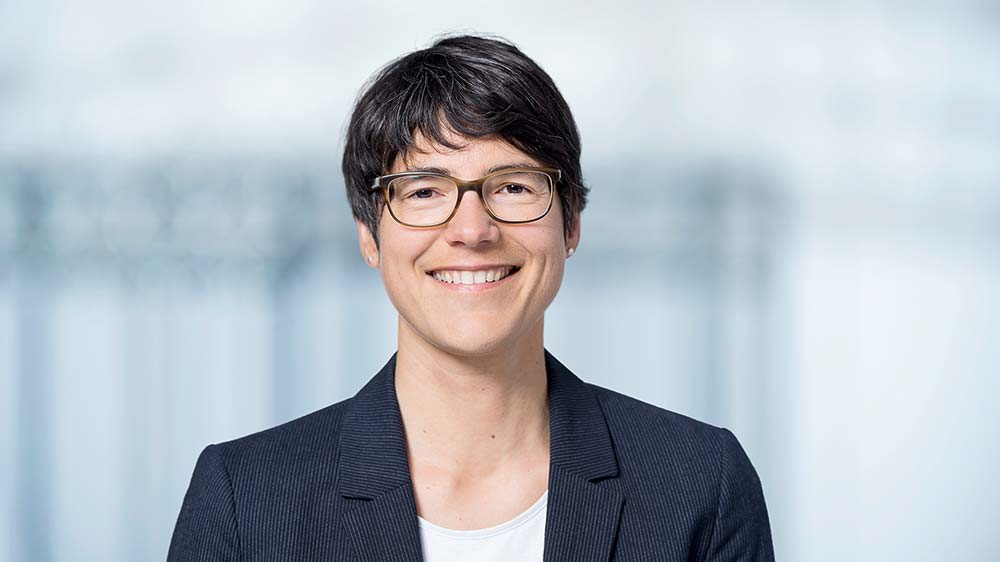Independent Advice in Difficult Situations
There may be times in your working life when you hit a bump in the road. You might feel you’ve reached the limit of what you can cope with. Maybe you feel unfairly treated or misunderstood, or even helpless, pressurized and intimidated. There are situations that can simply be overwhelming, for managers and employees alike. It might be that your connection to your colleagues or supervisors seems to have turned sour and every attempt at conciliation simply deepens the conflict. You may be experiencing repeated disappointment and frustration, and are asking yourself why.
Difficulties in the workplace happen – the important thing is to act in good time, before a situation gets out of hand or a disagreement escalates. UZH has now set up an advisory and mediation service for employees requiring assistance. It will give employees of the University straightforward access to professional assistance and advice with problems, stressful situations and workplace conflicts.
The service is open to all academic staff and administrative and technical staff. In addition, doctoral candidates who are matriculated but not employed by UZH may also access the service.
Psychological and legal expertise
The team behind the Employee Assistance Office (MBS) consists of psychologist Rebecca Saladin and lawyer Marc Seematter.Rebecca Saladin is a Swiss state-registered psychotherapist with her own practice, while Marc Seematter is an independent business consultant, lawyer and mediator. Both are working part-time at the Employee Assistance Office.
Easy to access and free of charge
People needing advice can contact the office by phone or e-mail for an initial consultation, or visit the office in person without prior appointment during the hours listed below. The counseling and mediation services are free of charge and tailored to the needs of the user.
The initial consultation will be used to assess the problem and determine the next steps. Depending on the issue, users may be referred to other internal advisory centers more suited to dealing with the problem. In some cases, an external service may be recommended to provide support in resolving the issue.
After the initial contact there is usually a consultation to agree on the next steps and if necessary address the legal aspects of the case. Depending on the need, one to three further sessions will follow in which possible solutions will be discussed or mediation between the parties involved in a conflict will be offered. A session can last up to 50 minutes. The process can be adjusted, rearranged or shortened at any time. “In many cases, following the initial contact only one in-depth consultation will be necessary,” says Rebecca Saladin. The aim, she explains, is to empower and enable users to solve their problems independently.
Independent and confidential
The advisory service is entirely optional, independent and confidential. No one can be forced to consult the service. In addition, service users may at any time – even after the initial consultation – withdraw their request for assistance if they wish.
Administratively, the service is part of the General Secretariat, but the University has no decision-making or directive power over the service, and has no right to obtain data or information. Equally, the office has no professional or disciplinary powers of authority over other units or people at UZH. The service is operationally independent. Both Rebecca Saladin and Marc Seematter are professionally bound to maintain confidentiality. They are subject to the codes of conduct of their professions and to the mission statement and policies of UZH. “Everything that is said here in this room does not go beyond these four walls,” says Marc Seematter. He stresses: “People who come to us can trust that we will approach their problem from an impartial and unbiased position.”


